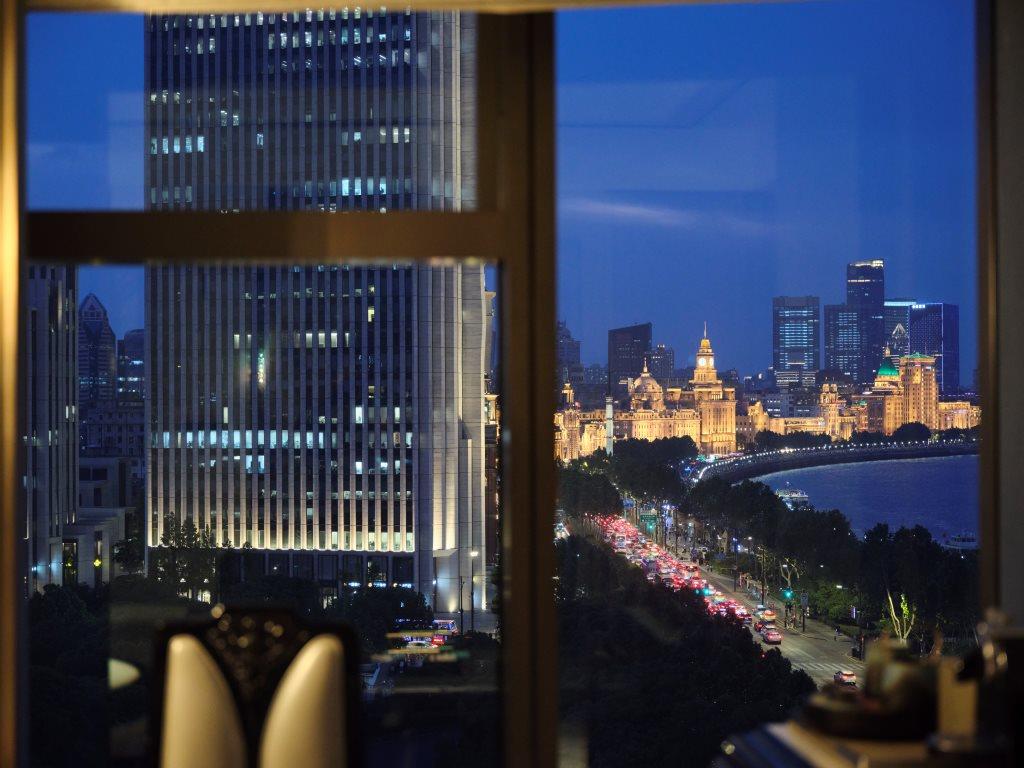When the Roehrl family brewery closed due to dwindling profits in the early 1990s, it looked to be the end of Andreas Roehrl’s brewing career. “Never did I think that it might one day result in me coming to Beijing,” he says of the closure. “I suppose it’s a case of Germany’s loss, China’s gain.”
46-year-old Roehrl, who’s family have been brewing Bavarian style wheat beer according to Germany’s strict purification rules for over 300 years, now holds the position of brew master at Beijing’s largest microbrewery, Drei Kronen 1308. The three-floor German themed brauhaus, popular with locals and the city’s foreign nationals alike, serves up three different types of authentic German beer produced in accordance with the Roehrl family’s centuries old brewing technique.
“Our main investor is a Chinese entrepreneur. He saw a Bavarian-style beer house in Asia and it was packed, and he thought, you know what, I could make money out of this – and well, one thing led to another, and here I am,” explains Roehrl of his move to China four years ago. “All the equipment and know-how is imported from Germany, the only real difference is the nationality of the people drinking the beer.”
Chinese drinkers haven’t yet developed quite the same taste for German beer as Roehrl’s countrymen, but the market is growing, steadily. This year saw tickets for Drei Kronen’s annual week long Oktoberfest celebration sell out for the first time in four years. “Previous Oktoberfests were a disaster,” explains Roehrl. “The first year, nobody bought tickets, so the management cancelled the German band and replaced them with a Filipino pop act – can you imagine? It was totally surreal.”
Times though, are changing. “Wealthy young Chinese are becoming interested in German beer and the culture,” says Roehrl. “It’s also more expensive, and so to a lot of Chinese – that means it’s better. We get a lot of people bringing their colleagues here. It’s a prestige thing.”
According to Roehrl, China currently produces around 400 million hectoliters of beer per year. Whereas Germany – a country less than a tenth the size of China, produces around 100 million. “Most of the stuff being produced out here [in China] is industrial light beer, though the market for craft beer is growing. In Beijing alone, there are several really great microbreweries,” he says. “I definitely see my future in China. The DK brand has a lot of interesting projects planned over the next five to ten years, such as a bottling facility and a distillery.”
Germany has traditionally played an important role in the development of Chinese beer culture. Tsingtao, arguably China’s most renowned brand of beer was first established by German settlers in 1903. “I do occasionally feel like I’m representing Bavaria. I give guided tours of the brewing facilities, answer people’s questions, I wear leather pants – I’m like a beer ambassador,” says a beaming Roehrl.
It’s the type of enviable job that most office bound desk workers can only dream of. As brew master, Roehrl is required to sample each and every newly brewed batch of beer. “I get paid to get drunk!” he laughs.
Roehrl then, is a man who can handle his beer. “Almost everyday I try all my beers – it’s part of my job to check the quality,” he says. “The trouble is, I can’t stop after a few small beers. So, I have a rule, if I drink, I drink. But like everything, you have to maintain a balance. I try not to get drunk any more than twice a week. I go swimming at least three times a week; I eat lots of vegetables and fruits; and I ride my bike to work each day.”
Since swapping Bavaria for Beijing, Roehrl has found himself in the strange position of watching the German beer industry shrink at home while grow overseas. “The last 20 years have seen so many small breweries go to the wall (in Bavaria). The domestic German beer market is decreasing annually and the bigger mega-breweries are squeezing the small breweries,” he says of the situation in his native country. “In the US the number one brand, Budweiser, has lost as much as 20 percent of its market share to craft breweries, but it’s the opposite in Germany –we’re still so far behind.”
One thing German beer does have though, is good marketing. “Take Oktoberfest in Munich,” says Roehrl. “It's really just for tourists. If you want to enjoy a really good, really authentic beer festival, go to Straubing in August. You see, the thing that most people outside of Germany don't realize, is that Oktoberfest is just one of hundreds of beer festivals throughout Bavaria. Even in my home village, we have a beer festival with as many as 5,000 people.”
Of course, such strong traditions can prove difficult to shake off. “Sometimes I watch [Chinese] customers buy a big liter-glass of strong dark larger, down it quickly, and then throw up everywhere… and all I can think is, stop wasting good beer!”
// Drei Kronen 1308, Daily 11am-2am. 1/F, Bldg 5, China View, Gongti Donglu, Chaoyang 朝阳区工体东路中国红街5号楼1层 (6503 5555)























0 User Comments